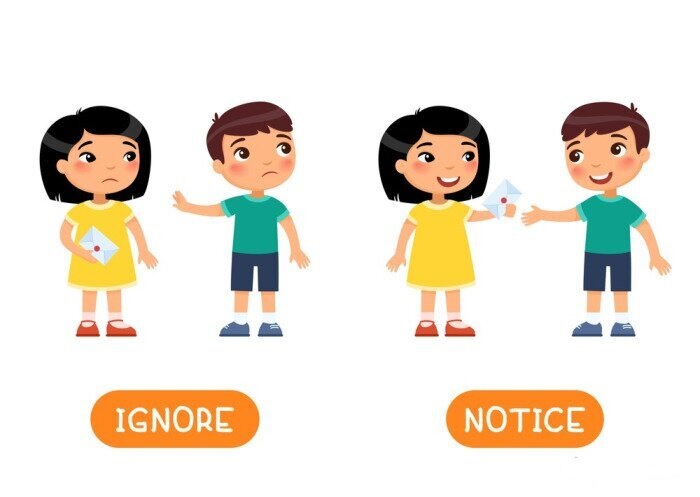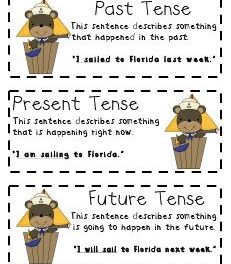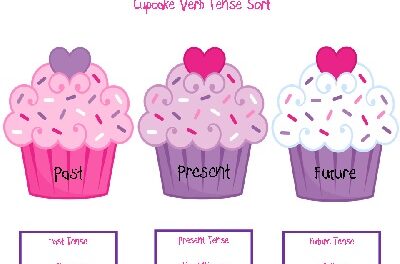Antonyms are words that have opposite meanings. They help us express contrasting ideas and make our writing more interesting. Think of antonyms like two sides of a coin – they’re completely different, yet they’re connected by being opposites of each other.
For example, when we say something is “hot,” its antonym would be “cold.” When we describe someone as “happy,” their opposite feeling would be “sad.”
Why are antonyms important?
Learning antonyms helps us:
– Expand our vocabulary
– Express ourselves more clearly
– Understand contrasts in reading
– Make our writing more descriptive
– Think about relationships between words
Comprehensive List of Antonyms
Here are 50 pairs of antonyms to learn and remember:
- Above – Below
- Accept – Reject
- Ancient – Modern
- Arrive – Depart
- Beautiful – Ugly
- Begin – End
- Brave – Cowardly
- Bright – Dim
- Clean – Dirty
- Clever – Foolish
- Complete – Incomplete
- Dangerous – Safe
- Early – Late
- Easy – Difficult
- Empty – Full
- Enemy – Friend
- Enter – Exit
- Famous – Unknown
- Fast – Slow
- First – Last
- Fresh – Stale
- Giant – Tiny
- Give – Take
- Happy – Sad
- Heavy – Light
- Include – Exclude
- Inside – Outside
- Kind – Mean
- Lead – Follow
- Long – Short
- Loud – Quiet
- Maximum – Minimum
- Near – Far
- New – Old
- Open – Close
- Polite – Rude
- Poor – Rich
- Remember – Forget
- Right – Wrong
- Sharp – Dull
- Simple – Complex
- Smooth – Rough
- Strong – Weak
- Success – Failure
- Sweet – Bitter
- Thick – Thin
- Truth – Lie
- Victory – Defeat
- Wild – Tame
- Young – Old

















